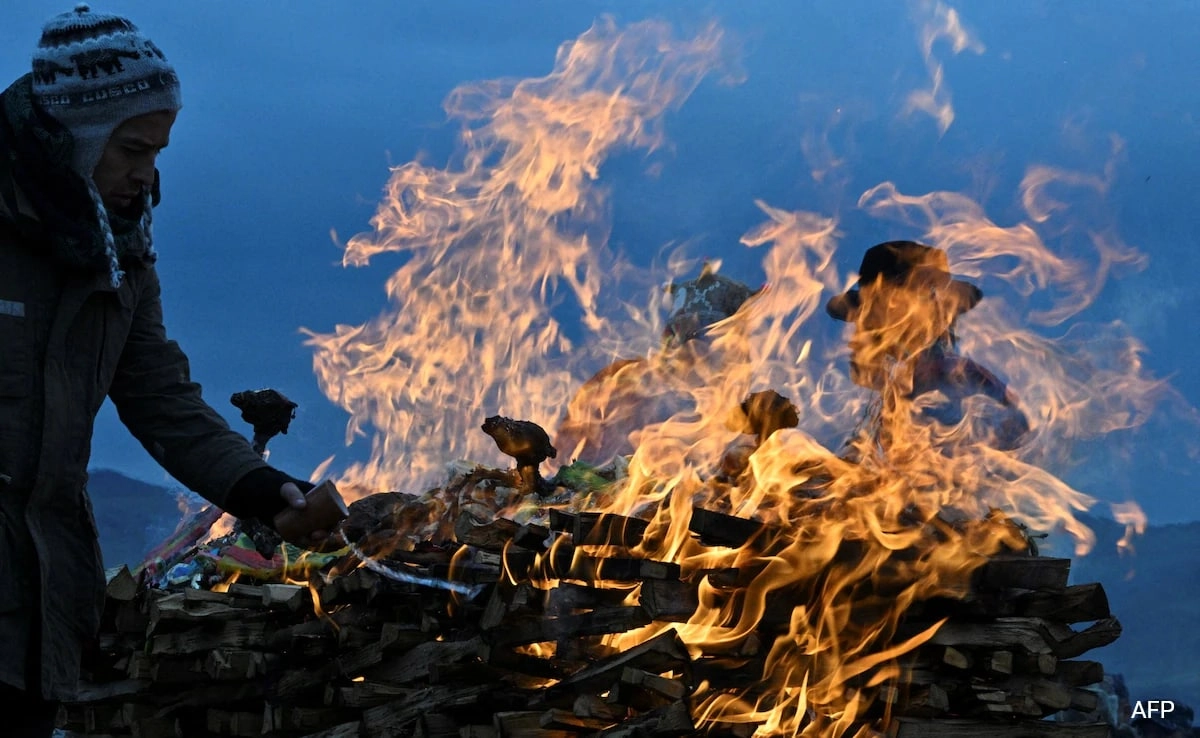In Bolivia, the reverence for Mother Earth, or Pachamama, is deeply embedded within the cultural and spiritual practices of its people. The rituals surrounding Pachamama reflect a profound connection to nature, showcasing a unique blend of indigenous beliefs and traditions. One of the most notable ceremonies is the offering of burnt offerings, which serves as a symbolic gesture of gratitude and respect. These offerings often include food, coca leaves, and other items that hold significance within the Andean culture. The act of burning these offerings is believed to communicate with the spirits of the earth, ensuring a harmonious relationship between the people and the natural world.
The rituals dedicated to Pachamama often take place during significant agricultural cycles, such as planting and harvest seasons. Communities gather to perform these ceremonies, which can include prayers, music, and dance, creating a festive atmosphere that underscores the importance of collaboration and communal support. The act of whispering to the mountains, as some traditions suggest, symbolizes a dialogue between humans and the landscape. This connection is not merely spiritual; it is rooted in an understanding of the land’s cycles and the need to maintain ecological balance. By engaging in these rituals, Bolivians express their gratitude for the resources provided by the earth and acknowledge the need to protect and preserve the environment for future generations.
In addition to these traditional practices, the rituals for Pachamama also serve as a form of resistance against modern challenges, such as environmental degradation and climate change. As the impacts of globalization and industrialization threaten indigenous ways of life, these ceremonies become a powerful assertion of cultural identity and environmental stewardship. Through the act of honoring Mother Earth, Bolivians not only celebrate their heritage but also advocate for sustainable practices that align with their ancestral wisdom. The rituals embody a holistic worldview where humans are seen as an integral part of the ecosystem, emphasizing the interconnectedness of all life forms.
Overall, the rituals for Pachamama in Bolivia highlight the deep spiritual and cultural ties that the indigenous people maintain with their environment. They showcase a profound respect for nature that transcends mere survival; it is a celebration of life itself. By engaging in burnt offerings and whispering to the mountains, Bolivians reaffirm their commitment to living in harmony with the earth, ensuring that the teachings of their ancestors continue to resonate through generations. These practices not only honor the past but also pave the way for a more sustainable and respectful future, where the wisdom of Pachamama guides the actions of the present.




